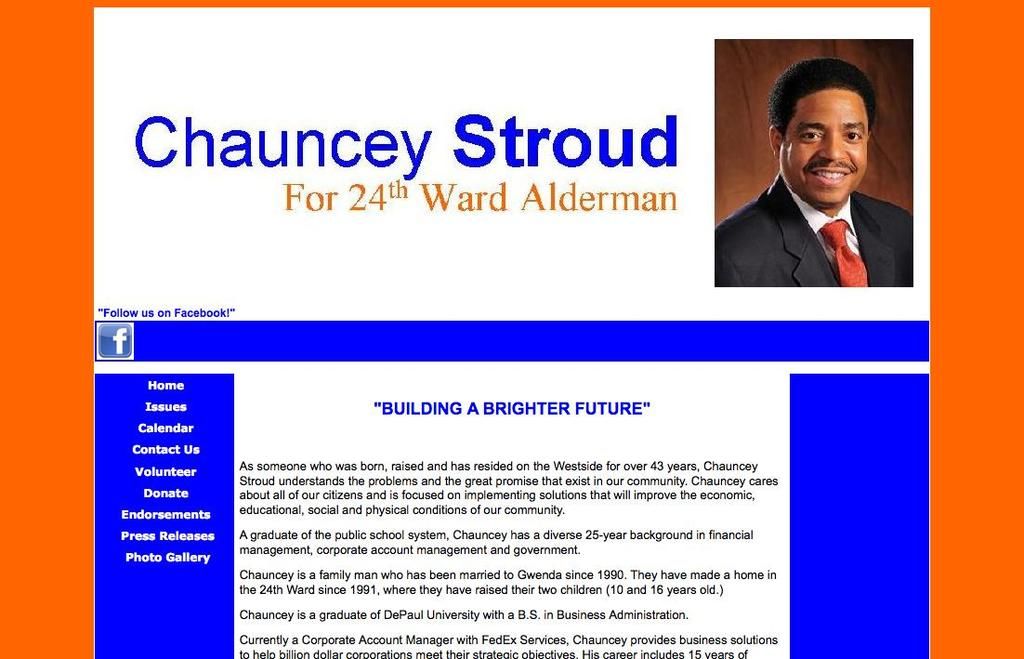U.S. House vote to eliminate funding for Pennsylvania's public media stations prompts affiliates to evaluate potential ramifications.
Hit the polls, Philly and beyond! Let us know what local issues and stories you'd like our site to cover ✔️
The U.S. House of Representatives recently approved a staggering $9.4 billion spending reduction package, which contains a $1.1 billion slash to funding for public media.
If it manages to pass the Senate and make its way onto President Trump's desk, it'll deliver a major financial gut-punch to NPR, PBS, and over 1,500 affiliated stations across the nation—including over 20 stations right here in Pennsylvania, and smaller stations that may take the brunt of the funding loss.
Public media leaders are warning that this funding shortage could result in layoffs, programming cuts, and even station closures, particularly for rural and underserved communities that heavily rely on government support.
Carla McCabe, the CEO of Scranton's WVIA, stands firm, calling it "a crisis." In the event of the rescission package's passage in the Senate, she'd need to close a $1.2 million budget gap immediately, which McCabe believes will "decimate the programs that our community depends on."
Margaret McConnell, the executive director of WDIY/Lehigh Valley Public Radio, voiced her dismay: "It feels like a punch to the gut." The federal funding, accounting for around 15% of WDIY's overall budget, represents essential funds for national news content, music licensing, and community services.
"We are more than just a radio station," McConnell emphasized. "Small public radio stations aren't just radio stations—we're a public square, a space where individuals from diverse backgrounds come together to learn, reflect, and celebrate the life of this region."
Cindy Spizarny, the CEO of public broadcaster WQLN in Erie, brought up concerns regarding the potential for service reductions, stating the funding loss would "devastate the level of services we provide going forward." Federal support makes up approximately 40% of WQLN's budget, and while the station is appreciative of its supporters, lawmakers' decision to rescind the funds would be a significant blow.
The rescission package would essentially wipe out funding previously allocated for fiscal years 2026 and 2027 to the Corporation for Public Broadcasting (CPB), amounting to the largest single cut to public broadcasting in U.S. history.
The vote passed by a slim margin, shedding light on the party-line divisions—only four Democrats skipped the vote, while five Republicans, including Rep. Brian Fitzpatrick (R-Bucks County), joined unanimous Democrats to vote against it. Unfortunately, our site's attempts to reach out to Fitzpatrick for comment were fruitless. All other Pennsylvania Republicans supported the measure.
McCabe admitted her disappointment at the House members representing WVIA's listening area for voting in favor of the rescission. "This decision directly impacts the over 2 million residents who rely on our essential programs and services," she added.
In a prior statement to our site, Rep. Scott Perry (R-Dauphin County) defended the cuts, citing perceived bias in public media. "It's a no-brainer to slash taxpayer funding of NPR and PBS—disinformation and propaganda outlets that only publish leftist talking points," Perry said. "Let's get it done."
Bill Marrazzo, the CEO of our site, countered these claims, saying while it's "perfectly legitimate" for Congress to debate the size of its budget, "today's vote is a reflection of the view that public media should be defunded because we are not impartial, not objective, and shouldn't be trusted."
"We are anything but that," he contended. "We are objective in our reporting, we are balanced, and we reflect the American way of life. For these reasons, federal funding ought to be preserved."
McConnell agreed, stressing that the proposed cuts could drive more people to rely on social media or questionable news sources. "PBS and NPR remain the most trusted news organizations," she said. "We have the responsibility to share the truth with our communities, which is becoming scarcer."
The fate of the rescission package in the Republican-controlled Senate remains uncertain. However, under the rescission law process, the bill requires only a simple majority to pass and is not subject to a filibuster. If the Senate approves the measure, local stations may begin experiencing the impact as early as this fall, when federal support typically flows into operating budgets.
As the date of possible implementation inches closer, station leaders are developing contingency plans and reaching out to their communities for support. McConnell's station is hosting an extra fundraising drive this month and exploring opportunities for partnerships with other radio stations.
"I'd expect that public radio stations will gather together to discuss solutions," she declared.
McCabe reported that her station is also ramping up community fundraising efforts, albeit with reservations about its ability to fill the budget gap. "Private philanthropy cannot replace the critical federal funding that enables stations across the country to be an interconnected resource for unparalleled, essential services," she said.
Our site is one of the larger NPR and PBS affiliates in Pennsylvania, with federal funding making up approximately 7% of its total budget. Marrazzo expressed optimism for the future, believing that if just one more out of ten users of the site's services became members, the situation would look brighter.
"I think media writ large and public media have faced their fair share of challenges," he said. "It's a difficult business, relying heavily on various forms of support, not just federal funding support. The support of people who rely on our services on a core basis is essential. And if we can appeal to just one more out of ten people who use our website services to become a member, I will become incredibly optimistic."
Excertments from the Enrichment Data
- Background: Critics argue that public media itself contributes to a leftist bias within its programs and content, whereas others champion it for its independence, balance, and informative programming.
- Key Figures: Carla McCabe (CEO, WVIA), Margaret McConnell (executive director, WDIY/Lehigh Valley Public Radio), Cindy Spizarny (CEO, WQLN), Rep. Scott Perry (R-Dauphin County), and Bill Marrazzo (CEO, our site).
- Debate Over Funding: The rescission of public media funding has become a source of controversy, with Republicans advocating for reduced spending as a necessity for fiscal responsibility, while liberals argue that the cuts would have deleterious effects on community engagement, education, and the democratic process.
- The ongoing debate in politics revolves around a proposed spending reduction package that could significantly impact local business and finance by diminishing funding for public media. This proposed cut has sparked discussions in Philadelphia and beyond, raising concerns over potential job losses, programming cuts, and even station closures in the general-news landscape.
- The financial fate of public broadcasting organizations, such as NPR, PBS, and their affiliates across the nation, including Pennsylvania, hangs in the balance as a result of the $9.4 billion spending reduction package currently being considered. Such cuts could have far-reaching consequences for the delivery of objective news, education, and community services to local constituents, intertwining finance, business, politics, and general-news in a critical juncture for the future of public media.





